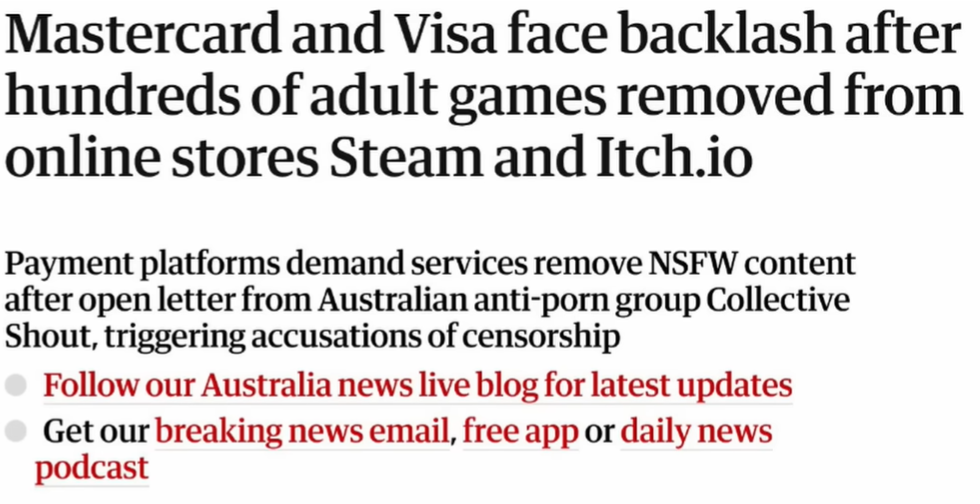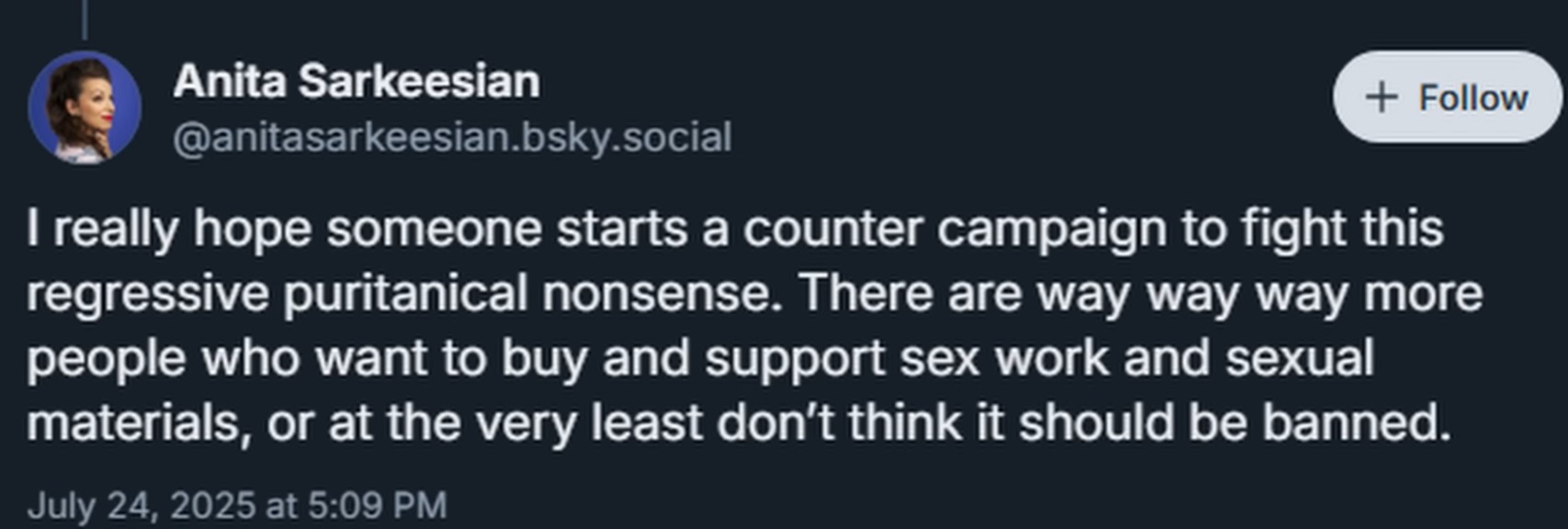I believe that the video-sharing platform YouTube is one of the greatest educational tools available.
I use YouTube daily to solve a variety of problems and learn information. My 14 year-old daughter has used YouTube ‘How-to’ videos to learn arts and crafts, solve maths problems, fix her phone and computer, learn about history, learn how to create and edit videos, the list goes on.
Her teachers often direct students to YouTube ‘How-to’ videos.
Yet last week, the Albanese government chose to include YouTube in its draconian social media ban for under 16s, citing flimsy ‘research’ from eSafety commissar Julie Inman-Grant claiming that “up to four in ten of young people under the age of 16 who’ve engaged with YouTube have been harmed by that engagement”.
However, Sky News revealed that the eSafety Commissar had misled Aussies about the safety of YouTube.
Sky News obtained the survey that her claims were based on via FOI.
The self-reported survey showed that YouTube was one of the safest platforms for key risk concerns such as grooming, sexual harassment, and bullying.
The survey found that children are more likely to be bullied via text messages than on YouTube.
Australia’s social media ban among the strictest crackdowns on digital platforms anywhere in the world, imposing penalties of up to $49.5 million on platforms unless they enforce the new age limit.
Prime Minister Anthony Albanese also wants to make Australia’s draconian media ban global.
Albanese will promote Australia’s world-first social media age ban and encourage other countries to adopt similar policies at the United Nations General Assembly in September.
However, it gets worse, with an Australian eKaren group named Collective Shout approaching payment processors to ban the purchase of what it considers inappropriate video games.

Collective Shout recently launched a high-profile campaign targeting adult-themed video games by pressuring payment processors like Visa, Mastercard, PayPal, Stripe, and others to cut off financial services to platforms such as Steam and Itch.io.
Collective Shout has taken credit for the removal of thousands of NSFW games from Steam and Itch.io, citing child safety and ethical concerns.
Steam & Itch.io have deindexed or removed thousands of adult games to comply with payment processor demands. Itch.io alone reportedly hid over 20,000 titles.
As a result, many indie developers say their games were removed without warning, including titles with LGBTQ+ themes or romantic content that didn’t contain explicit scenes.
Thus, Collective Shout literally wants to control what you can and cannot play with your money. They have set a dangerous precedent whereby financial institutions can act as de facto censors.
Sure, these games may not be to your or my taste. But censorship is not a tool that is wielded once. It is a tool that is used to steamroll over every single thing on internet that the government or corporations want to control.
You know things are bad with Collective Shout when feminist Anita Sarkeesian, who has lobbied for greater gender representation in video games, attacked the “puritanical angry moms” at Collective Shout for bullying payment processors to ban adult games:


Legal material should be available to be legally purchased. Payment processors should not be bullied by a group of Australian eKarens because they don’t like the content.
Australia’s civil liberties have been badly eroded since the pandemic. The nation is slowly transforming into George Orwell’s 1984. And our politicians and censorship groups are trying to extend their reach globally.
No wonder Australians’ trust in our policymakers and institutions is at an all-time low.
Politicians should focus on the fundamentals of government rather than interfering in our daily lives. Government intrusion should be reduced, not increased.

